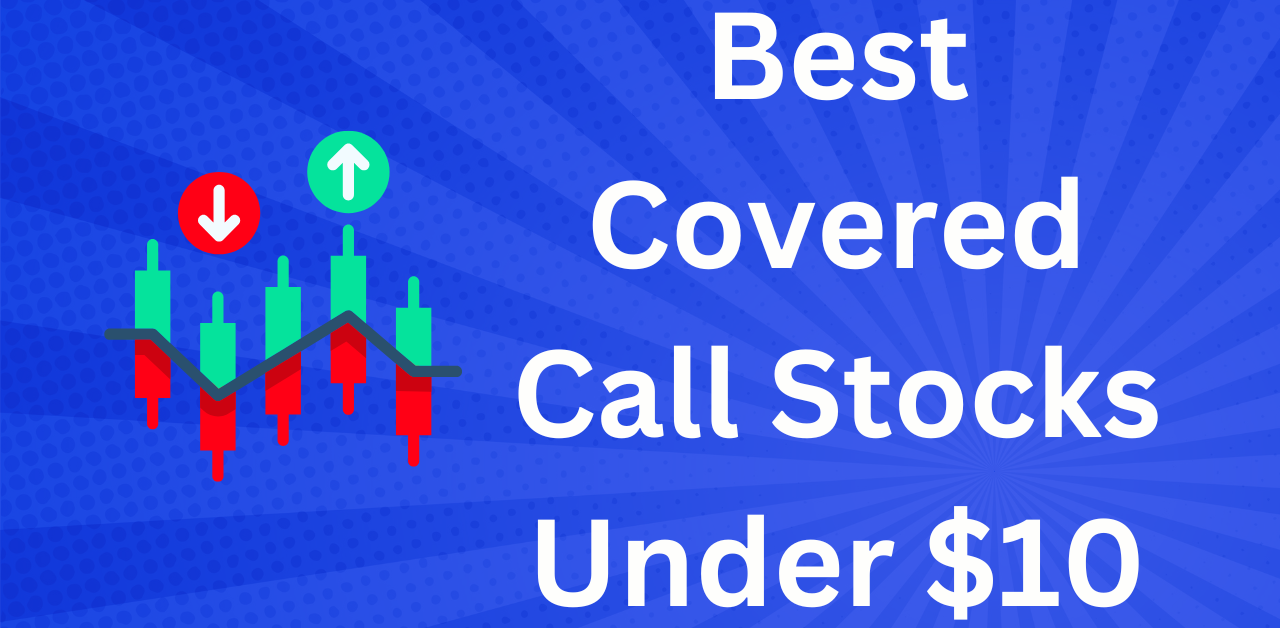Best Covered Calls Stocks Under $10

Selling covered calls on stocks under $10 is a very affordable strategy for most investors and can yield passive income even if your shares don't go up that much in the short term.
Our Top Picks
- Rumble (NASDAQ: RUM)
- Riot Blockchain (NASDAQ: RIOT)
- Lucid Group (NASDAQ: LCID)
- Joby Aviation (NYSE: JOBY)
- Blade (NASDAQ: BLDE)
- Grab Holdings (NASDAQ: GRAB)
All of these stocks trade in the United States under the NASDAQ or NYSE. You need an active brokerage account that's enabled with Level 1 options trading to sell covered calls on these companies.
Considerations
- Liquidity: Ensure the stock has a liquid options market to facilitate entering and exiting positions.
- Volatility: Higher volatility can lead to higher premiums but also increases risk.
- Dividend Payments: Stocks that pay dividends can enhance returns when combined with covered call premiums.
- Company Fundamentals: Assess the company's financial health to mitigate the risk of significant stock depreciation.
FAQ: Best Covered Call Stocks Under $10
A covered call involves owning shares of a stock and selling call options on those shares to generate income. It’s a popular strategy for generating extra return on stocks you already own.
Low-priced stocks allow you to trade covered calls with less capital, making the strategy accessible to small account holders while still earning premium income.
Yes. Low-priced stocks often have higher volatility and lower liquidity. This can lead to sharp price swings and wider bid-ask spreads, increasing risk.
Use an options screener to filter for stocks under $10 with high open interest, good liquidity, and decent implied volatility. Look for stocks with a stable price range and a consistent trading history.
Some low-priced stocks do offer weekly options, but they may be thinly traded. Be sure to check volume and open interest before trading weekly contracts.
Tools like Barchart, Market Chameleon, OptionStrat, and your broker’s options screener (e.g., Thinkorswim, Tastytrade) can help you find suitable candidates.
Yes — if the stock trades above the strike price at expiration, you may be assigned and have to sell your shares. This can be a problem if the stock rallies sharply after you sell the call.
Many traders prefer monthly calls for better premiums and less frequent management. However, weekly calls may offer faster income if the options are liquid.
Yes. Premiums received from selling covered calls are typically taxed as short-term capital gains. Always consult a tax advisor for accurate reporting.
Yes. Some platforms (like Interactive Brokers or TradeStation) offer automation or bots to help with recurring covered call strategies. Just make sure the stock and options are liquid enough.